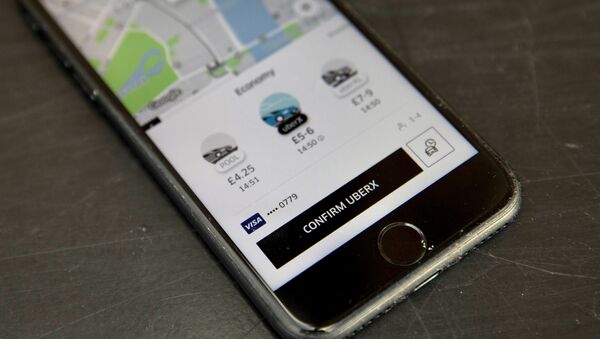"In today’s judgment, the Court declares that an intermediation service such as that at issue in the main proceedings… must be regarded as being inherently linked to a transport service and, accordingly, must be classified as ‘a service in the field of transport’ within the meaning of EU law," the ECJ press release read.
According to the court ruling, Uber must be now excluded from "the scope of the freedom to provide services in general" as well as directives on e-commerce and internal market services.
"It follows that, as EU law currently stands, it is for the Member States to regulate the conditions under which such services are to be provided in conformity with the general rules of the Treaty on the Functioning of the EU," the press release specified.
What Does This Decision Mean to Uber?
The ruling, defining Uber as a transportation company, not online platform, playing a mediator between passengers and drivers, might confuse the company's expansion plans in the EU, as not they will likely have to pay expensive licensing fees and employee benefits, along with changing their attitude to drivers: treating them as taxi chauffeurs and not as independent workers.
READ MORE: Uber Allegedly Steals Competitors' Data, Uses Undercover Surveillance
The milestone regulation will also reshape the world of digital economy, with growing number of people working as freelancers or on short-term contractors.
The company's operation has already sparked opposition of taxi drivers in Barcelona in 2014, forcing them to bring an action before a court in the city with the hope of getting the court to declare that "the activities of Uber Systems Spain amount to misleading practices and acts of unfair competition." The court considered it necessary to first determine the nature of services provided by Uber to ascertain whether or not Uber required prior administrative authorization and infringed the Spanish competition rules, according to the ECJ.

